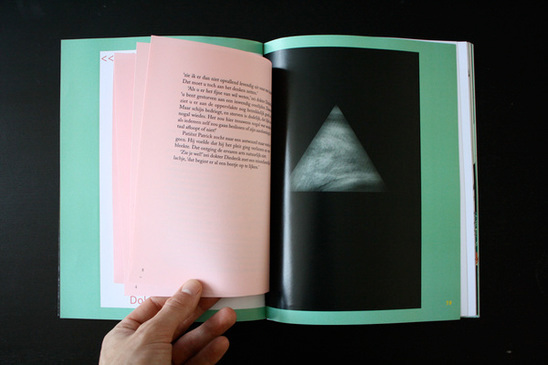
It is widely accepted that the successes of modern medicine are grounded in ever-deeper understanding of the biology of disease, and in the ongoing roll-out of pharmaceutical and technological advances. Yet although the strategy for fixing a medical or surgical problem may be straightforward, in other cases–perhaps especially in the settings of intensive care, advanced disease, or end-of-life care – disease biology may not provide definitive insight into how patients, families, and medical teams should act. In these cases, medical decision-making must stretch beyond the ubiquitous language of biology and draw on skills and insights that are much closer to the world of storytelling. Such complex decisions depend upon clarity about a person’s hopes, fears, goals, history, relationships, and character: in other words, such decisions depend upon helping patients and their families to tell more about their story, and they depend upon helping medical teams learn how to listen to stories. The aim of this course is to introduce students to storytelling as it relates to the complex world of medicine. We will use a range of approaches to export this art of storytelling in the cauldron of human illness and death: 1 We will hear from experienced clinicians who daily use storytelling in their medical practice 2 We will mine culturally-grounded literature and literary criticism for insights into effective storytelling 3 We will draw on contemporary storytellers recognized for their ability to engage a group of people with the spoken story 4 We will explore the ways that improvisational acting and storytelling techniques can be applied to the care of patients 5 We will consider the history of ways that medicine has failed by ignoring narratives outside of the biology of disease. We hope that this course helps students to develop their own capacity to tell and hear stories (both written and spoken), and assignments during the semester will be aimed at this goal. At the end of the semester we will share the stories we develop with the larger Duke community through performance, publication in the literary journal “Voices”, or some other form of sharing. The course will be interactive by design.
